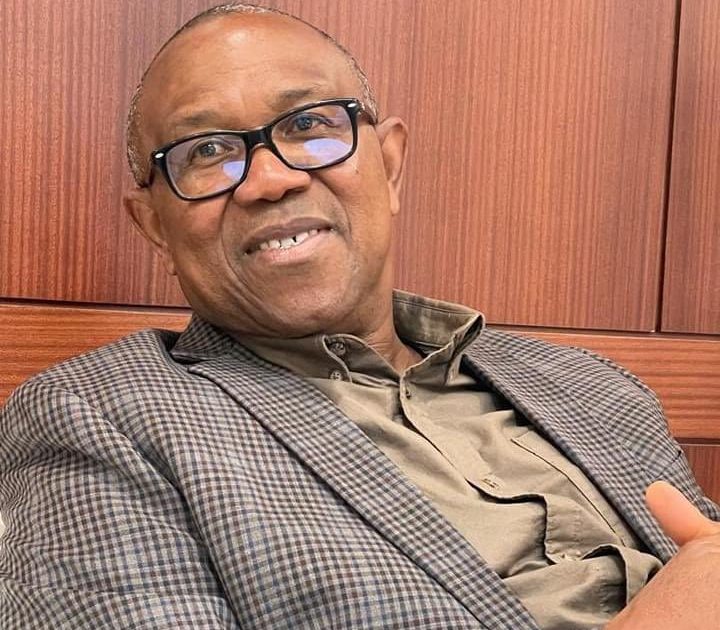The nascent coalition forged to challenge President Bola Tinubu in the 2027 elections appears to be fracturing along ideological lines. Barely a month after its grand unveiling, the African Democratic Congress (ADC), the umbrella party housing prominent political figures like former Vice President Atiku Abubakar, former Governor Nasir El-Rufai, and Labour Party’s Peter Obi, finds itself grappling with internal dissent. The Obidient Movement, the grassroots support base of Peter Obi, has penned a strongly worded memo alleging marginalization within the coalition’s decision-making structures. This internal strife threatens to destabilize the ADC and potentially derail its aspirations to unseat the incumbent president.
The Obidient Movement’s grievances primarily revolve around their perceived exclusion from key discussions shaping the coalition’s strategy. The leaked memo, authored by the movement’s national coordinator, Dr. Tanko Yunusa, highlights the absence of Obi loyalists in crucial meetings where significant decisions are made. This exclusion fosters a sense of marginalization and erodes the trust necessary for a cohesive political alliance. Furthermore, the movement contests the current power structure within the ADC, arguing that it fails to reflect the substantial contribution and numerical strength of the Obidient Movement, effectively rendering them voiceless within the coalition.
This developing rift underscores the inherent challenges of merging diverse political interests under a single banner. The ADC, formed with the express purpose of challenging Tinubu’s presidency, brought together individuals with varying political backgrounds and ideologies. While united in their opposition to the current administration, their individual ambitions and differing approaches to governance create potential friction points. The Obidient Movement’s concerns highlight the delicate balancing act required to maintain unity within such a diverse coalition. Achieving a power-sharing arrangement that satisfies all constituents while maintaining a unified front against a common opponent is proving to be a formidable task.
The ADC leadership, while acknowledging the need for inclusivity, has yet to fully address the Obidient Movement’s grievances. While waivers were granted to both Obi and El-Rufai, allowing them to maintain their affiliations with their original parties, this temporary measure does not address the underlying issue of representation and integration within the coalition. The lack of concrete steps towards incorporating the Obidient Movement into the ADC’s decision-making processes has fueled speculation about the coalition’s long-term viability.
The timing of this internal conflict couldn’t be more precarious. With the 2027 elections looming, the ADC cannot afford to be embroiled in internal squabbles. A divided opposition will only benefit the incumbent, allowing President Tinubu to capitalize on their disunity. The ADC’s ability to effectively challenge the current administration hinges on its ability to present a united front. Addressing the Obidient Movement’s concerns and achieving a harmonious power-sharing arrangement are crucial for the coalition’s survival and its chances of electoral success.
The current predicament facing the ADC serves as a cautionary tale about the complexities of coalition building in politics. The alliance, while initially promising, now faces an existential threat from within. The unresolved grievances of the Obidient Movement could potentially unravel the entire coalition, thereby hindering its ability to mount a formidable challenge against President Tinubu in the upcoming elections. The onus is on the ADC leadership to address these concerns swiftly and effectively, demonstrating a genuine commitment to inclusivity and equitable representation. Failure to do so could jeopardize the coalition’s chances and pave the way for another term for the incumbent.


